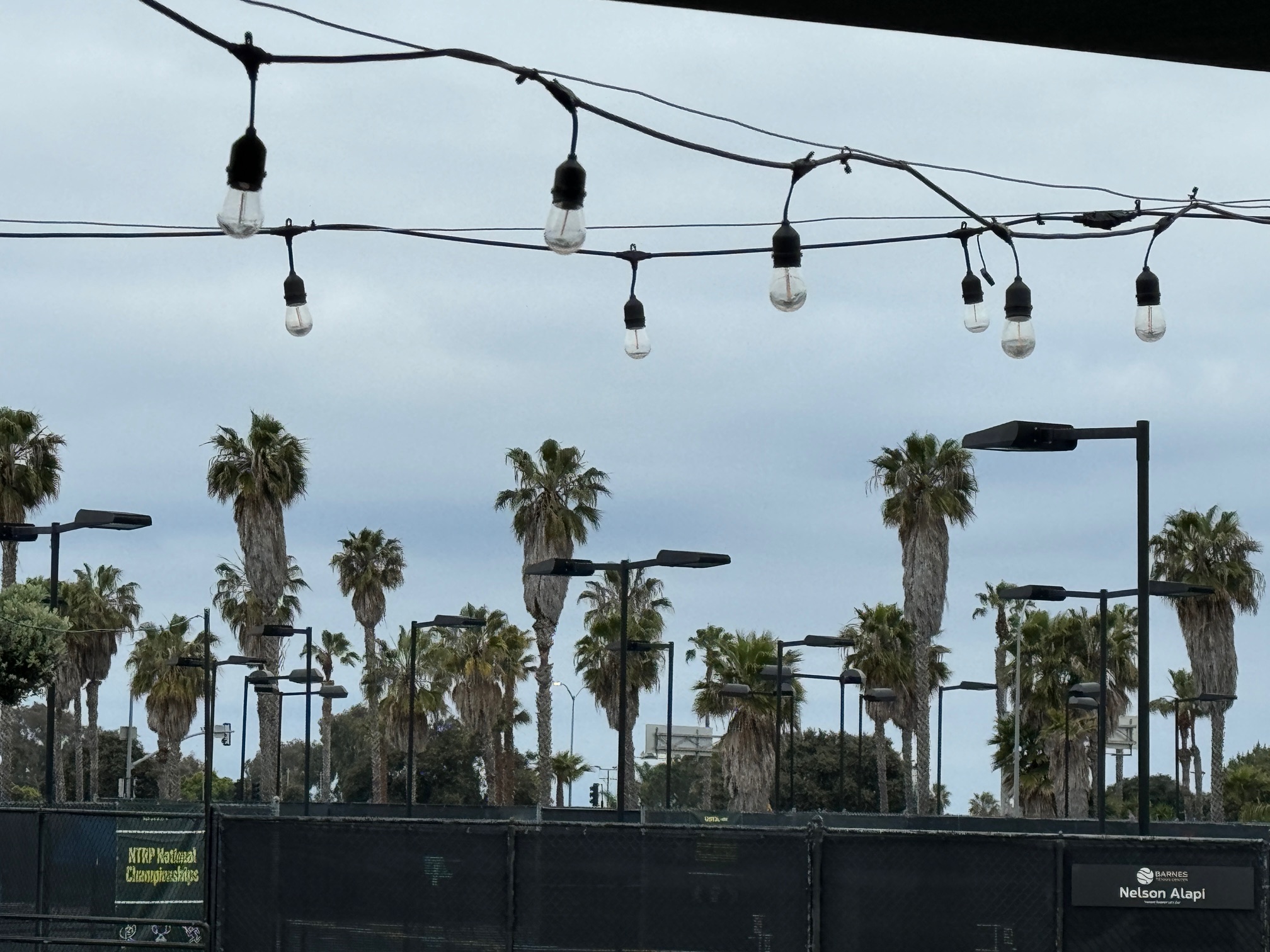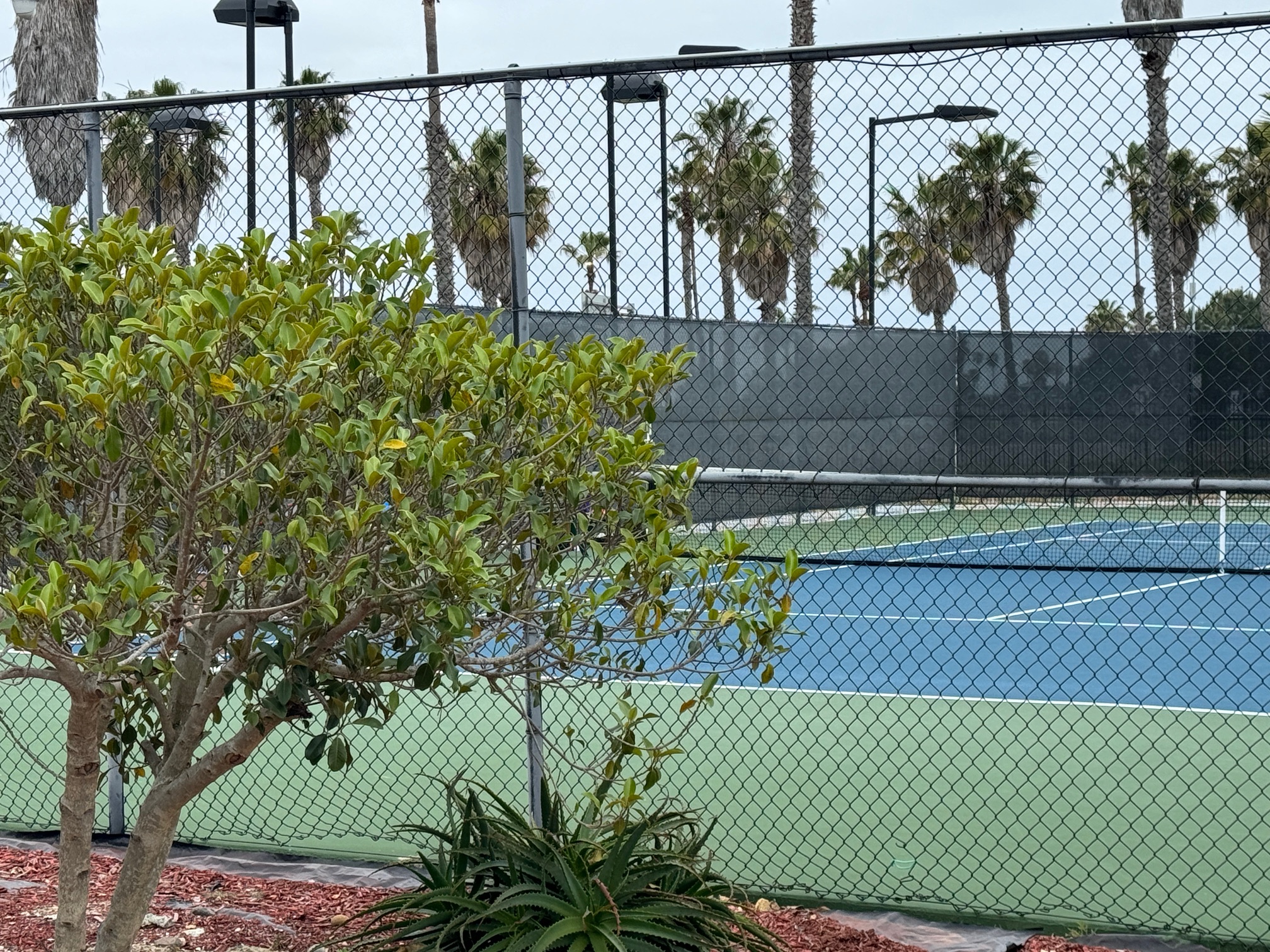I used to be a rabid college sports fan, but that is no longer the case. What ruined it for me was the NCAA’s abject mismanagement of compensation for its athletes. That ultimately led to the lawsuit that precipitated a free-for-all of name, image, and likeness (NIL) financial deals. Coupled with the transfer portal, college athletics has become just another form of professional sports. That has arguably already been true for years, but now it is brazenly out in the open.
For tennis fans who aren’t up to speed on what is going down in college athletics, players may now receive serious financial compensation and retain their NCAA eligibility. Quinn Ewers is the poster child illustrating the excess. The QB skipped his Senior year of high school to enroll early at Ohio State, collecting a reported $1.4 million in NIL money in the process. He subsequently transferred to the University of Texas, where he now collects an estimated $1 million a year from NIL deals.
Consequently, in most sports the NCAA Championships will now go to the school that has the most generous boosters. Less well-funded schools are essentially turning into a rookie league stepping stone where players try to prove they are ready to move up a tier. This year I have watched football and basketball players that were originally recruited to my alma mater compete for other colleges. Why bother becoming invested in a standout player or team when they aren’t committed to sticking around. It’s just not for me.
Bizarrely, the mens and womens tennis teams at my alma mater are pretty darn good this year. Both appear to have benefitted greatly from the transfer portal. I can’t imagine that our boosters and alumni association ponied up any NIL money toward the sport. I suspect that most aren’t even aware that the school has a tennis team. I am sure that next season, the entire roster will be competing elsewhere. I’m just trying to enjoy it while it lasts.
Last week, a story broke that illustrates how the NCAA continues to propagate the absurdity. As a bonus, it is directly relevant to tennis, which gives me the proper nexus to write about it here. Reese Brantmeier, a University of North Carolina tennis player, has filed a lawsuit against the NCAA, which has prohibited her from collecting prize money for competing in professional tennis tournaments.
The controversy stems from 2021 when Brantmeier finished second in the U.S. Junior National Championship tournament. That earned her a spot in the qualifying rounds for the US Open where she advanced through two rounds and won $49,000 in prize money. To maintain her college eligibility, she was required to forgoe those earnings. However, the NCAA recently decided to challenge her accounting of the expense money she retained for that event which puts her eligibility in question.
In other words, Quinn Ewers can get paid over a million dollars by a booster for going to a particular school while Brantmeier can’t accept money she legitimately wins outside of college tennis. It is utterly and absolutely absurd that football players can get paid NIL money openly funneled through a school’s boosters while tennis players cannot collect prize money for individual success in professional tournaments. The last time I checked, the University of North Carolina had nothing to do with who gets to either play or advance in qualifying at the US Open.
In the era of easy NIL money for athletics, allowing collegiate players to keep prize money won at professional tournaments seems appropriate. In fact, this could be fabulous for college tennis, as some of the top players could ease into professional play rather than making a binding decision on which way to go as they age out of Junior tennis.
In addition to erasing yet another NCAA absurdity, allowing college players to collect prize money could potentially attract unprecedented interest in collegiate tennis. It might also generate more fan enthusiasm in the professional satellite and challenger circuit events held in the United States.
College tennis players might even attract enough attention to earn a little NIL money themselves. That would ultimately be good for the sport.
- Top college tennis player sues NCAA to challenge tournament prize restrictions, Matthew Futterman, The Athletic, March 18, 2024.



